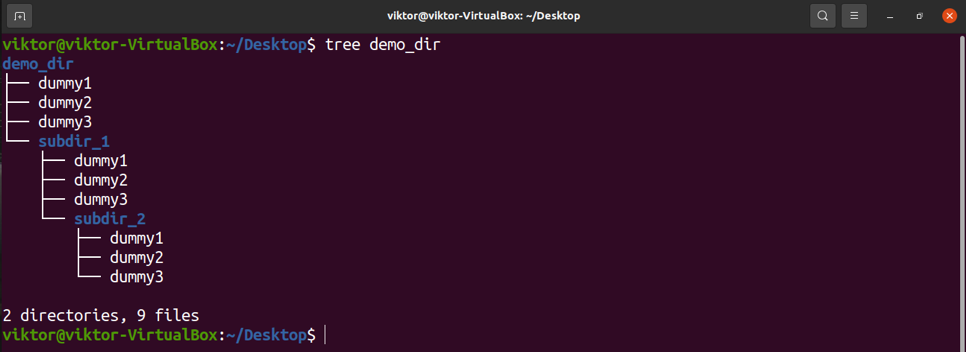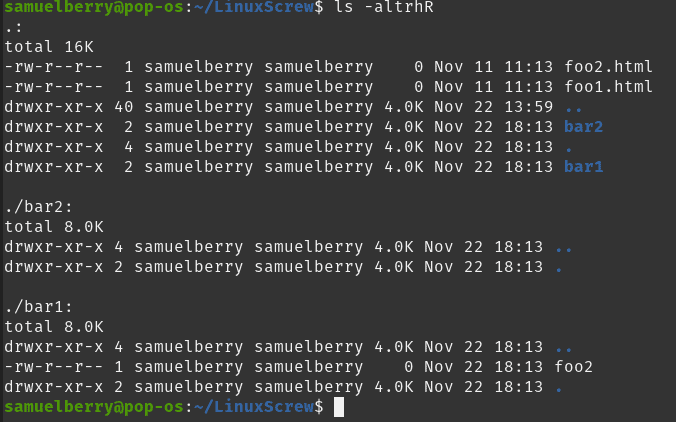

The following line in the GNU/Linux terminal will find and You are dealing with a static HTML site, it should be fairly easy to fix with Throughout a Web site - or even worse, only partially throughout a Web site. Web designers often link to index.html in directories Recursively Find and Replace in GNU/Linux | 2007, February 6 - 11:42pm - WebDesign10


Link1: /recursively-find-and-replace-linux Google search term : linux replace recursive Several lines in several files in several directories.

TSomasundaram | Novem| Search and replace Problem I needed to solve was to replace string1Īcross multiple directories quickly. UNIX commands: find, exec, & sedĪre UNIX/Linux commands that can be utilized to do routine work with ease. This note updatedĪnd was first written in November 29, 2007. Shortly after receiving suggestions and corrections from the users. Copy of this Note will be posted in XRF Resources page Multiple files across multiple directories using the Linux/UNIX commands find, exec and sed. Replace string1 by string2 that occurs in many places in This note is intended to help the X-Ray Facility (XRF) users search and Recurse in directories skip file matching PATTERN.Īs you’ve seen, the grep -r command makes it easy to recursively search directories for all files that match the search pattern you specify, and the syntax is much shorter than the equivalent find/grep command.įor more information on the find command, see my Linux find command examples, and for more information on the grep command, see my Linux grep command examples.And replacing strings in multiple files across multiple directories Recurse in directories only searching file matching PATTERN. Read all files under each directory, recursively this is Here’s the section of the Linux grep man page that discusses the -r flag:
LINUX FIND FILE RECURSIVELY HOW TO
Since I tend to mark comments in my code with my initials ("aja") or my name ("alvin"), this recursive egrep command shows how to search for those two patterns, again in a case-insensitive manner: You can also perform recursive searches with the egrep command, which lets you search for multiple patterns at one time. In this example, the search is made case-insensitive by adding the -i argument to the grep command. This next example shows how to recursively search two unrelated directories for the case-insensitive string "alvin": Your recursive grep searches don’t have to be limited to just the current directory. If you haven’t used commands like these before, to demonstrate the results of this search, in a PHP project directory I’m working in right now, this command returns a list of files like this: As you’ll see below, you can also add -i for case-insensitive searches.The -l option (lowercase letter L) says “list only filenames”.The -r option says “do a recursive search”.However, I was just reminded that a much easier way to perform the same recursive search is with the -r flag of the grep command:Īs you can see, this is a much shorter command, and it performs the same recursive search as the longer command, specifically: This command can be read as, “Search all files in all subdirectories of the current directory for the string ‘alvin’, and print the filenames that contain this pattern.” It’s an extremely powerful approach for recursively searching files in all subdirectories that match the pattern I specify. Solution 1: Combine 'find' and 'grep'įor years I always used variations of the following Linux find and grep commands to recursively search subdirectories for files that match a grep pattern:įind. Two solutions are shown next, followed by some additional details which may be useful. Unix/Linux grep FAQ: How can I perform a recursive search with the grep command in Linux?


 0 kommentar(er)
0 kommentar(er)
